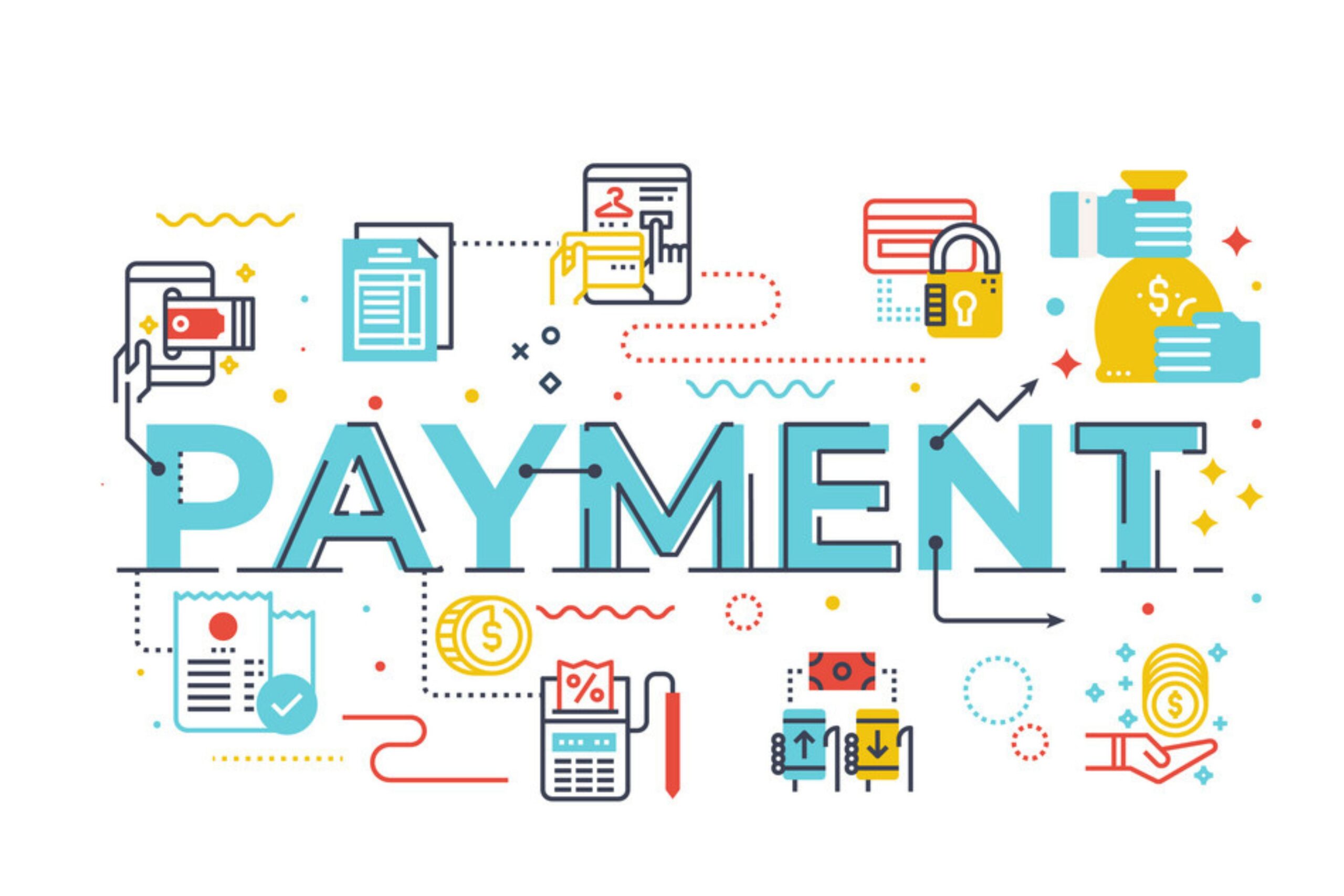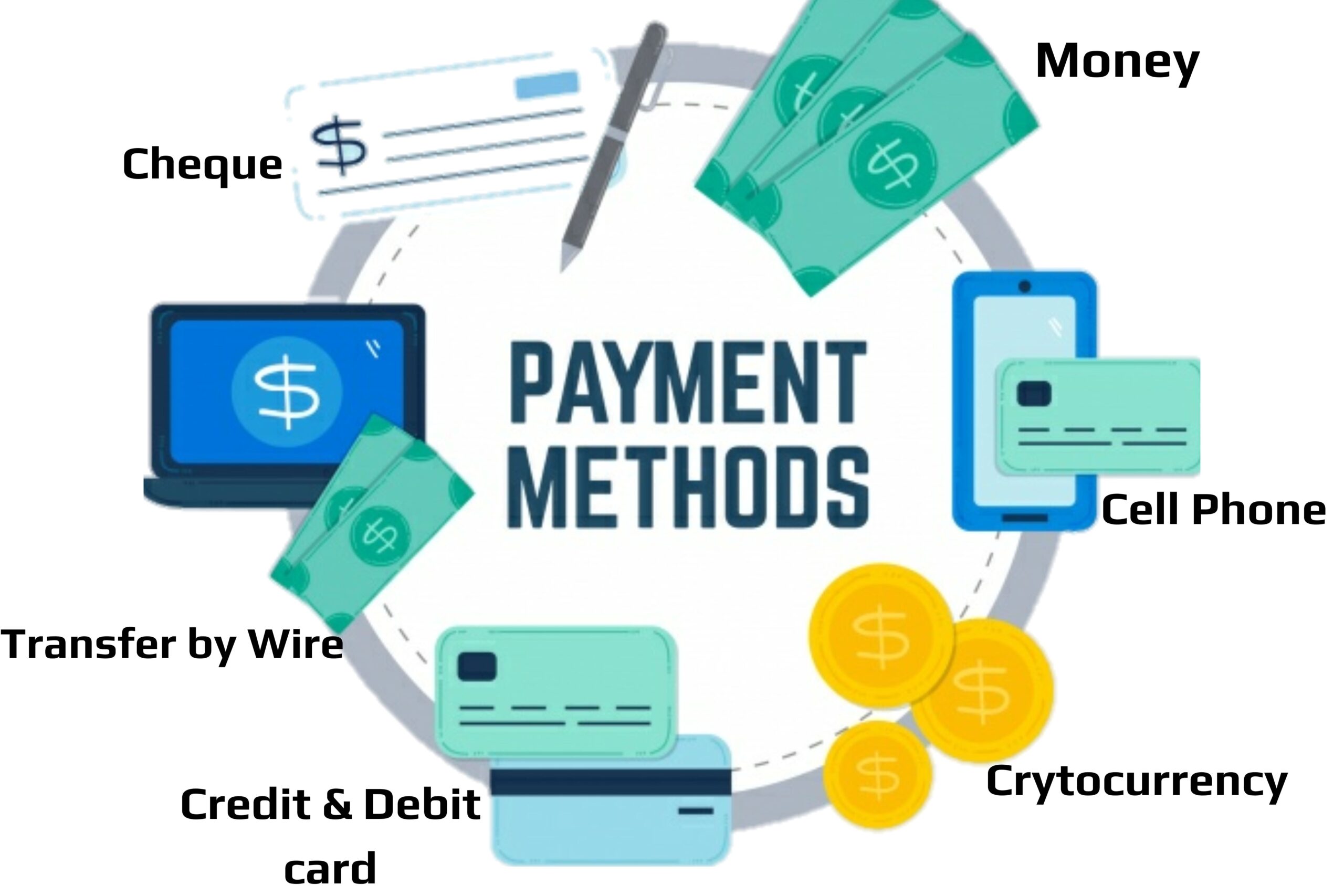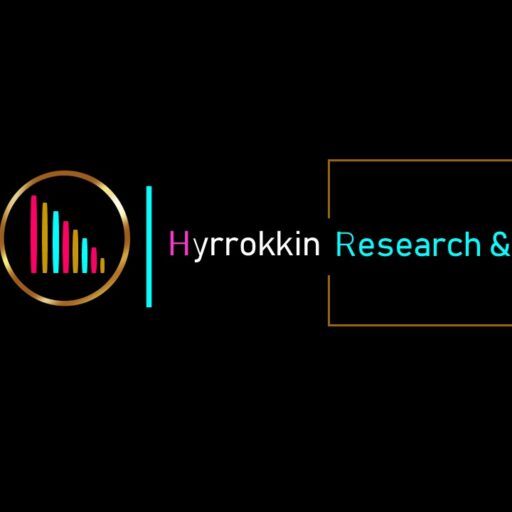
PAYMENT
The voluntary transfer of funds, products, or services from one party to another in return for goods or services obtained or in order to satisfy a legal duty is known as Payment. Payments are usually provided following an agreement between the parties involved and may be necessary before, during or after the provision of products or services. The person paying is referred to as the Payer, and the person getting paid is referred to as the Payee.
Various methods of Payment
There are various ways to make payment, Some of which are mentioned here.
Debit and Credit Cards: The majority of individuals make purchases and make payments with credit and debit cards. However, many companies that take credit cards incur fees from their bank as well as the merchant that supplies the hardware and payment processing system.
Money: Many establishments, even retail ones, still accept cash payments. Many small establishments would prefer that consumers pay with cash because of the fees associated with debit and credit cards. Its’s horrible when cash gets lost, stolen, or destroyed. Large transactions volume businesses frequently incur higher security measure costs.

Cell Phone: In recent years, contactless payment technology has made payments easier than ever. The credit card machine, also known as a point of sale terminal(POS), has access to the customer’s banking information. The customer’s mobile device’s software program is used to do this.
Cheque: Banks provide two types of cheques to sellers to help them collect money that the buyer owes them: a certified check and a cashier’s check. Because electronic payments methods are now possible thanks to technology , the use of cheque has been decreasing over time.
Transfer by Wire: When a cheque or credit card wouldn’t be sufficient for a larger or more regular payment, wire transfers and ACH( Automated Clearing House) payments are frequently used. A wire transfer is frequently used by manufacturers to pay suppliers, particularly when the transaction occurs internationally.

